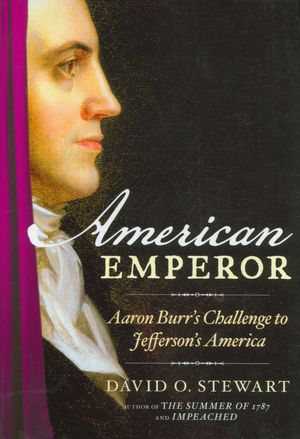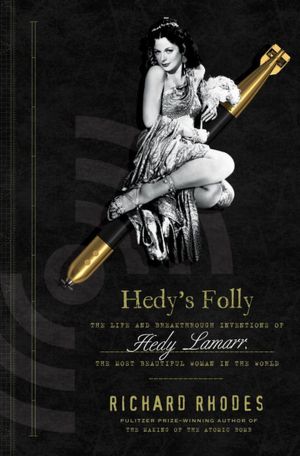Jacques Pepin, a professor of microbiology and infectious diseases at Canada’s Université de Sherbrooke, has tracked the HIV virus in sixteen African nations over the past three decades. He also possesses an encyclopedic command of the world’s literature on HIV/AIDS. Combining his vast experience and knowledge, Pepin has written a model study of epidemiology, microbiology, genetics, and social and cultural history.Drawing on "a completely different archive than those far more familiar to most historical scholars," including "vast collections of blood samples" from the '50s, '70s, and '80s, Pepin shows how the disease was originally transmitted and spread. Read more here.
Also in TNR:
- Eric Posner reviews Unpopular Privacy: What Must We Hide? (Oxford University Press), by law and philosophy professor Anita Allen. In Posner's words, the book argues "that people do not care enough about their privacy, and that, in limited circumstances, the government should force people to keep information private that they would rather disclose."
- Samuel Helfont reviews Awakening Islam: The Politics of Religious Dissent in Contemporary Saudi Arabia (Harvard University Press), by French political scientist Stéphane Lacroix. "If the history of Saudi Arabia teaches anything," Helfont concludes, "it is that Western social scientists often miss the mark when assessing where the Middle East is headed. While it would be tempting to assume that the Saudi monarchy will fade into the ancient sands of the Arabian Peninsula, destined to be replaced by a more modern and democratic state, it would be incredibly dangerous to do so.
- Barry Gewen reviews Spirits of the Cold War: Contesting Worldviews in the Classical Age of American Security Strategy (Michigan State University Press), by Ned O’Gorman. It is, according to the review, an "insightful, often exasperating book," about "four strategies articulated in the early years of the Cold War: containment, massive retaliation, liberation, and deterrence."
Also in the WaPo: coverage of An Honourable Englishman: The Life of Hugh Trevor-Roper (Random House), by Adam Sisman. According to the review, it is a "superb biography" of "one of the most gifted, beguiling and controversial scholars of the 20th century."
In The Nation, Joshua Kurlantzick reviews two books by Thant Myint-U: The River of Lost Footsteps: A Personal History of Burma, "a compelling blend of memoir and Burmese history," and the policy-oriented sequel, Where China Meets India: Burma and the New Crossroads of Asia.
This week, the New York Times features Hedy's Folly: The Life and Breakthrough Inventions of Hedy Lamarr, the Most Beautiful Woman in the World (Doubleday), by Richard Rhodes. It is "the story of how the movie star Hedy Lamarr teamed up with an avant-garde composer to design a sophisticated weapons system during World War II."
Also reviewed in the NYT: Benjamin Cawthra's Blue Notes in Black and White: Photography and Jazz (University of Chicago Press), "a selective and essayistic history on how the still-image camera conferred cultural legitimacy to jazz as black music, for the most part between the late 1930s and the mid-1960s" (here), and Republic Lost: How Money Corrupts Congress — and a Plan to Stop It (Twelve), by law professor Lawrence Lessig (here).
Over at the Wall Street Journal, the review pages cover time travel, the Pill, and printmaking.



